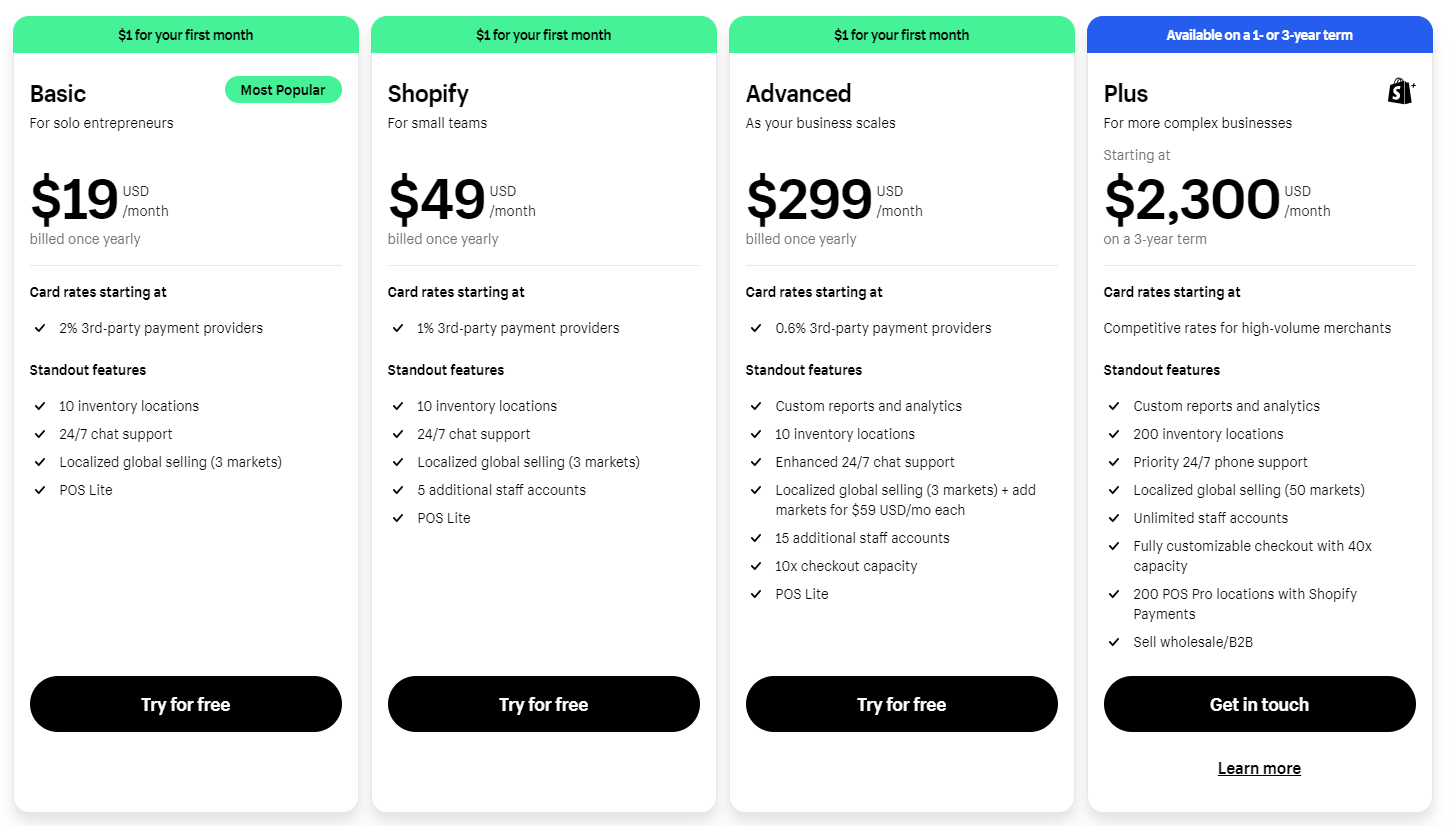The U.S. tax code is notoriously complex, but for business owners and entrepreneurs, it offers various deductions and credits to help reduce their tax liability. One such deduction is the Qualified Business Income Deduction (QBI). In this article, we’ll explore the ins and outs of the QBI deduction, including who qualifies for it, the benefits it offers, how to calculate it, and some examples of qualified business income.
What is Qualified Business Income Deduction?
The Qualified Business Income Deduction, often referred to as the QBI deduction or Section 199A deduction, is a tax benefit created by the Tax Cuts and Jobs Act (TCJA) of 2017. This deduction allows certain business owners to reduce their taxable income by a percentage of their qualified business income (QBI). Essentially, it’s a way to lower the tax burden on income generated through eligible businesses.
Who Qualifies for the QBI Deduction?

Not all businesses or business owners are eligible for the QBI deduction. To qualify, you must meet certain criteria:
Business Type
The deduction is generally available to sole proprietors, partnerships, S corporations, and individuals who own rental property. C corporations do not qualify.
Income Thresholds
Depending on your filing status and total taxable income, there are income thresholds that may limit or phase out your QBI deduction. It’s essential to understand these thresholds to maximize your deduction.
Qualified Business
Your business must be considered a “qualified trade or business.” Certain specified service businesses, such as law, accounting, and medical practices, have income limitations if their owners want to claim the full deduction.
What Are the Benefits of Claiming the QBI Deduction?
Claiming the QBI deduction can provide several benefits:
Tax Savings
By reducing your taxable income, you can potentially lower your overall tax liability, resulting in substantial tax savings.
Pass-Through Entities
Owners of pass-through entities like S corporations and partnerships can benefit significantly from the QBI deduction, as it allows them to reduce their personal tax liability on business income.
Encouragement of Small Business Growth
The deduction incentivizes small business owners to invest in and grow their enterprises.
How Do I Calculate the QBI Deduction?

Calculating the QBI deduction can be a bit complex, but it generally involves determining your qualified business income, applying the appropriate deduction percentage, and factoring in any income limitations or phase-outs. Consult with a tax professional or use tax software to ensure accurate calculations, as the rules may change from year to year.
Examples of Qualified Business Income
To illustrate how the QBI deduction works, here are a few examples of income sources that may qualify:
Small Business Profits
If you run a retail store, a consulting firm, or any other eligible small business, the income generated from these activities is considered qualified business income.
Real Estate Rental Income
Income from rental properties can qualify for the deduction if you meet certain requirements, such as actively managing the properties.
S Corporation Distributions
If you own shares in an S corporation, your share of the income passed through to you may be eligible for the QBI deduction.
What Are the Tax Implications of Qualified Business Income?

The Qualified Business Income Deduction (QBI) can have significant tax implications for business owners and entrepreneurs. Understanding how it affects your tax situation is crucial to maximize its benefits. Here, we delve into the tax implications of QBI.
Tax Implications of QBI
Lower Taxable Income: The primary benefit of the QBI deduction is that it lowers your taxable income. This means you’ll owe less in federal income tax, potentially saving you a substantial amount.
Pass-Through Entity Advantages
If you own a pass-through entity, like an S corporation or partnership, you can often benefit more from the QBI deduction than if you were a C corporation owner. Pass-through income is typically taxed at individual tax rates, and the QBI deduction can help reduce this tax liability.
Income Thresholds
Be aware of income thresholds and phase-out ranges that can limit your QBI deduction. If your income exceeds these thresholds, your deduction may be reduced or eliminated.
Specified Service Businesses
If you’re in a specified service business (e.g., law, medicine, consulting) and your income is above a certain limit, you may not qualify for the QBI deduction.
W-2 Wage Limitation
There’s a W-2 wage limitation for certain businesses, which means your QBI deduction can’t exceed a specific percentage of your business’s W-2 wages. Understanding this limitation is crucial.
State Tax Implications
While the QBI deduction is a federal tax benefit, it may also impact your state income tax liability. State tax laws vary, so consult with a tax professional to understand how it affects your state taxes.
Common Mistakes to Avoid While Claiming the QBI Deduction

While the QBI deduction can provide valuable tax savings, there are common mistakes that individuals and businesses make when claiming it. Avoiding these errors is essential to ensure you receive the full benefit of the deduction.
Common Mistakes to Avoid
- Not Understanding the QBI Deduction Limits
Understanding the income thresholds and limitations associated with the QBI deduction is crucial. Failing to do so can result in reduced or lost deductions.
- Not Calculating the Deduction Accurately
Calculating the QBI deduction accurately can be complex, especially for businesses with various income sources. Mistakes can lead to incorrect tax filings and potential IRS audits.
- Not Understanding the W-2 Wage Limitation
Some businesses may have limitations on the QBI deduction based on W-2 wages. Not grasping these limitations can lead to missed deductions.
- Not Understanding Your Taxable Income
The QBI deduction affects your taxable income, so failing to understand how it impacts your overall tax picture can lead to missed opportunities for tax savings.
- Not Knowing the Different Types of QBI
There are various types of qualified business income, and not identifying all eligible sources can result in underutilizing the deduction.
- Not Understanding the “Specified Service” Exclusion
Specified service businesses have income limitations for the QBI deduction. If you fall into this category and don’t understand the rules, you may miss out on potential savings.
Frequently Asked Questions (FAQs)
- Are there income limitations for the QBI Deduction?
Yes, there are income limitations for the QBI deduction. These limitations can vary depending on your filing status and the nature of your business.
- Are there specific record-keeping requirements for the QBI Deduction?
While there are no specific record-keeping requirements outlined in the tax code for the QBI deduction, it’s essential to maintain accurate and well-documented financial records to support your deduction claims.
- Can owners of C corporations claim the QBI Deduction?
No, owners of C corporations do not qualify for the QBI deduction. This deduction is primarily designed for pass-through entities and individuals.
- How does the QBI Deduction affect state income taxes?
The impact of the QBI deduction on state income taxes varies from state to state. Some states conform to federal tax laws and provide similar deductions, while others have their own tax rules. It’s important to consult with a tax professional who is knowledgeable about your state’s tax regulations to understand the specific implications.
What Is EcomBalance?

EcomBalance is a monthly bookkeeping service specialized for eCommerce companies selling on Amazon, Shopify, Ebay, Etsy, WooCommerce, & other eCommerce channels.
We take monthly bookkeeping off your plate and deliver you your financial statements by the 15th or 20th of each month.
You’ll have your Profit and Loss Statement, Balance Sheet, and Cash Flow Statement ready for analysis each month so you and your business partners can make better business decisions.
Interested in learning more? Schedule a call with our CEO, Nathan Hirsch.
And here’s some free resources:
- Monthly Finance Meeting Agenda
- 9 Steps to Master Your Ecommerce Bookkeeping Checklist
- The Ultimate Guide on Finding an Ecommerce Virtual Bookkeeping Service
- What Is a Profit and Loss Statement?
- How to Read & Interpret a Cash Flow Statement
- How to Read a Balance Sheet & Truly Understand It
Conclusion
In conclusion, the Qualified Business Income Deduction (QBI) is a valuable tax benefit for many small business owners and entrepreneurs. However, to make the most of this tax-saving opportunity, it’s essential to understand the eligibility criteria, income thresholds, calculation methods, and potential pitfalls. Avoiding common mistakes and seeking guidance from tax professionals can help you navigate the complexities of the QBI deduction and maximize your tax savings while staying compliant with tax laws.










